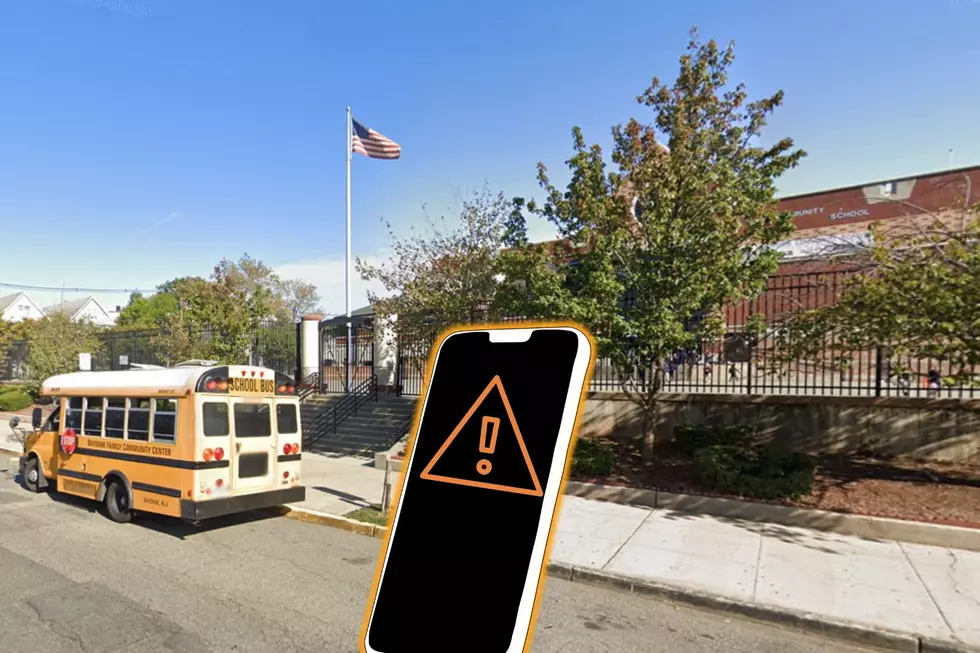
Illegal immigration: An economic drag, or a boon for NJ?
A new report by the Institute on Taxation and Economic Policy finds New Jersey-based immigrants who are living in the country illegally pay more than half a billion dollars a year in taxes. But some argue the cost of having them here is much greater than that — and say full-time taxpayers are footing the bill.
According to Erika Nava, a policy analyst for New Jersey Policy Perspective, the Garden state collects $590 million annually from undocumented immigrants living in the state illegally.
She said that includes $274 million in property taxes, $267 million in sales taxes and $49 million in income taxes.
Nava pointed out the report finds New Jersey has the fifth-highest tax contribution from such immigrants in the nation, “because the Garden State has a large undocumented labor force — about 8 percent of the total labor force.”
She also said the report estimates New Jersey would get an additional $24 million in increased revenue if there is full implementation of the President Barack Obama’s executive actions, and comprehensive immigration reform would add another $77 million dollars to the total.
“Basically the idea is if you give undocumented immigrants the opportunity to come out of the shadows, pay taxes, they would do so,” she said.
Nava said some undocumented immigrants own houses and pay property taxes, but by New Jersey Policy Perspective's way of tallying the figures, renters also contribute to property taxes.
“Tenants pay their landlord their rent, part of it goes to property taxes, right, the landlord has to pay property taxes,” she said.
Ira Mehlman, the media director for the Federation for American Immigration Reform (also known as FAIR), contends the amount of money in taxes being paid by immigrants here illegally is not significant, when you consider how much they’re costing the state.
He said there are many different costs incurred by such immigrants in Jersey, and “these amount to about $2 billion a year.”
"The employers get low wage workers but the taxpayers have to fund all of the services that people require and can’t afford because of the low wages they’re being paid," Mehlman said. "Taxpayers in New Jersey obviously fund education for kids, healthcare, a whole bunch of other programs that are needed by people once they settle there.”
He added there’s also the assumption that “the jobs that are being done by the illegal aliens, and the taxes collected wouldn’t be done by other people if the illegal aliens were not in New Jersey.”
Mehlman believes a lot of the jobs held by those here illegally would likely be filled by other workers, more likely to be working on the books rather than off the books, and that could generate even more taxes being paid.
He said the bottom line is there is no such thing as a free lunch.
“When you have large numbers of people coming in working for low wages all we are doing is transferring the burdens from the employers to the general taxpayers, illegal immigrants don’t provide cheap labor, they provide subsidized labor,” he said.
Nava questions how the FAIR data was tabulated.
“Their methodology, their data has a lot to do with numbers, and that can be twisted,” she said.
An analysis by PolitiFact in 2011 concluded there is no consensus on the accuracy of the FAIR study indicating illegal immigrants cost New Jersey considerably more than the tax money they provide. It noted the Texas State Comptroller’s Office disputed FAIR's earlier finding illegal immigration was costing that state more than it brought in — issuing its own report saying the reverse was true.
The New Jersey state Comptroller’s Office doesn’t track costs associated with illegal immigration, that analysis said.
PolitiFact also pointed out a report from the nonpartisan Congressional Budget Office indicated there is no accepted methodology to determine the expenses that undocumented immigrants create.
The CBO has said while services to immigrants in the country illegally come with a cost, it's generally a small fraction of what's spent on people living in the country as citizens or otherwise legally. But it also said the tax revenues brought in by the immigrants don't offset those costs — and funding from the federal government doesn't make up all the costs local governments incur.
More From New Jersey 101.5 FM









